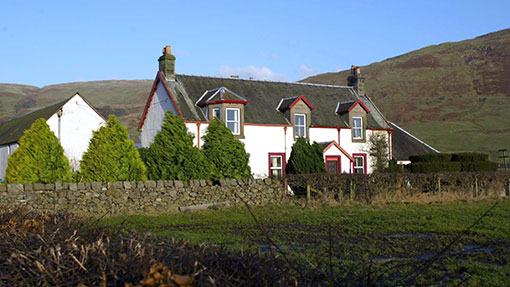Scottish tenants call for moratorium on rent reviews

Scottish tenant farmers have called for a cap or moratorium on rent reviews until the Agricultural Holdings Legislation Review Group (AHLRG) publishes its final report later this year.
The Scottish Tenant Farmers Association (STFA) made the appeal in the wake of the publication of the AHLRG interim report and last week’s Scottish Land Court ruling that the rent for Roxburgh Mains farm should be increased by 78%. The case took six years to settle and cost the farmer £120,000 to fight.
Another six cases are in the Scottish Land Court pipeline – the closest only weeks away – but STFA former chairman Angus McCall believes that until any new legislation is passed in 2016 or 2017 there should be a voluntary agreement for a rental cap or a moratorium on rents. If the Roxburgh Mains tenant, John Elliot, appeals the Land Court decision, the timetable could be even longer.
See also: Lochhead pledges to reverse Scots tenant farming decline
Mr McCall said: “The person going into the Land Court now knows he’s going to get a much higher rent than he’s got at the moment and if he fights it it’s going to cost him a fortune. “And if he goes to arbitration, it will follow the dictates of the last case. Tenants have no defence whatsoever.”
Mr McCall called for the support of the Scottish government for a cap or moratorium.
Scotland’s landowners organisation, Scottish Lands and Estates (SLE), said it recognised industry concern about the nature and process of rent reviews.
In his response to the AHLRG interim report, Lord Johnstone, SLE chairman, said: “We have already suggested cross industry talks which would look at whether productive capacity be taken into account during rent reviews and will shortly be publishing a new Scottish Landowners’ Charter, which will set out clearly the responsibilities and obligations of landowners and those they employ, including dealing with rent reviews.”
“We repeat our desire to have cross industry talks with other stakeholder bodies to build consensus and get the industry groups working more constructively with each other.”
The SLE also said it was not opposed to “radical” solutions to the problems in the tenant sector in Scotland.
“But this should not be a short hand for anti-landowner measures, as our members are mainly farmers themselves and have the interests of agriculture at heart,” said Lord Johnstone.
